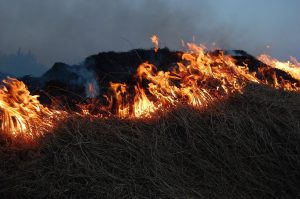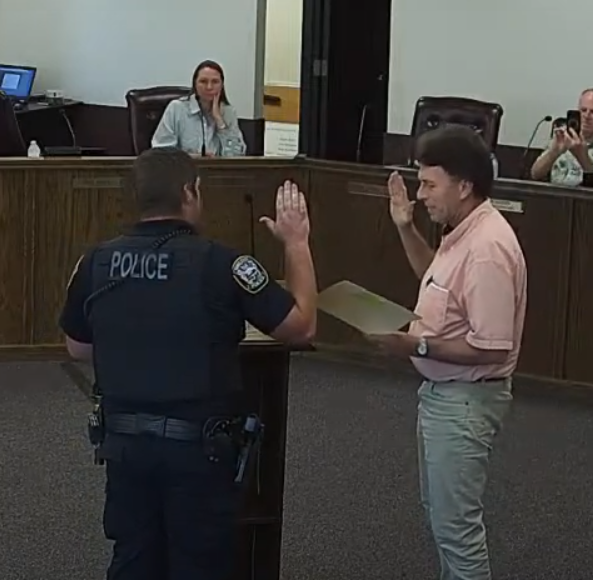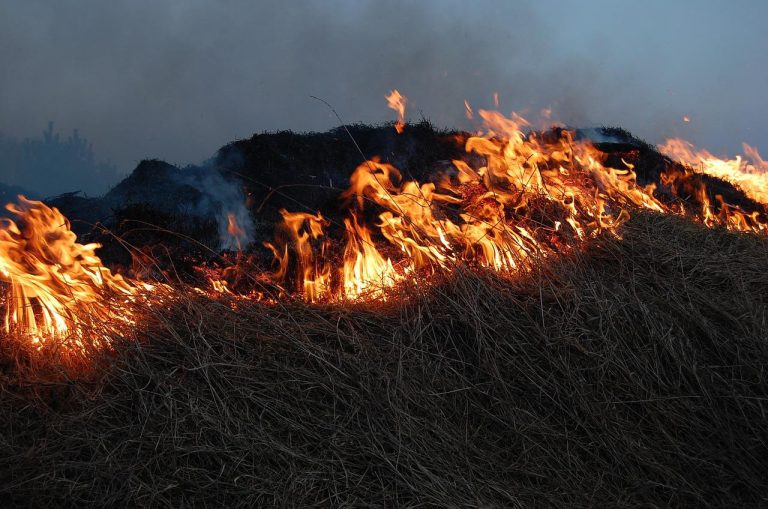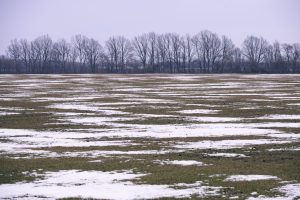Sheldon, Iowa — This is Severe Weather Awareness Week in Iowa. Each day this week, the National Weather Service is focusing on a different severe weather topic.
Today’s topic is severe thunderstorms.
The National Weather Service’s Sioux Falls office covers northwest Iowa. The Warning Coordination Meteorologist for that office is Peter Rogers. He tells us, from their perspective, the difference between a regular (sometimes called “garden variety”) thunderstorm and a severe thunderstorm.
(as said:)”The size of the hail and the strength of the wind. Severe thunderstorms produce hail of about a quarter size or larger, which is about an inch in diameter, and then wind speeds — we’re looking at winds at 58 miles per hour or greater, which is generally strong enough to start breaking branches about the size of your wrist.”
Rogers tells us that severe thunderstorms can, and occasionally do produce tornadoes. He says that the criteria for “severe thunderstorm” does not include lightning, because even the smallest thunderstorms can have deadly lightning.
(as said:)”Every thunderstorm by definition has to have lightning in it because it is that lightning that is generating the thunder itself, but that’s not to make lightning any less important. It can certainly still kill. So we still want people to take lightning very seriously meaning that any time you can hear thunder you are close enough to get hit by the lightning and you need to seek shelter immediately. Once you get inside, stay inside for at least 30 minutes until you don’t hear thunder anymore, and then by that point, it’s safe to go back out.”
Rogers tells us that their saying in regard to thunderstorms is, “When thunder roars, go indoors.”
Also, prepare yourself and your family for Wednesday’s statewide tornado drill. Outdoor warning sirens will sound in nearly every community in northwest Iowa to test them in preparation for severe weather season. The National Weather Service says when you hear the sirens you should practice your severe weather plan as well, and talk with your family about what you would do in various situations were a tornado warning to be issued — where would you go if you were at work, at school, on the road, and so forth.












